How does right Diet help to increase Brain Power ?
Diet plays a crucial role to enhance brain power as right foods help to increase myelination process and also help in the creation of white matter pathways.
Foods that help to enhance Brain Power :
Here are several vegetarian Indian foods that are not only delicious but also beneficial for enhancing brain power:
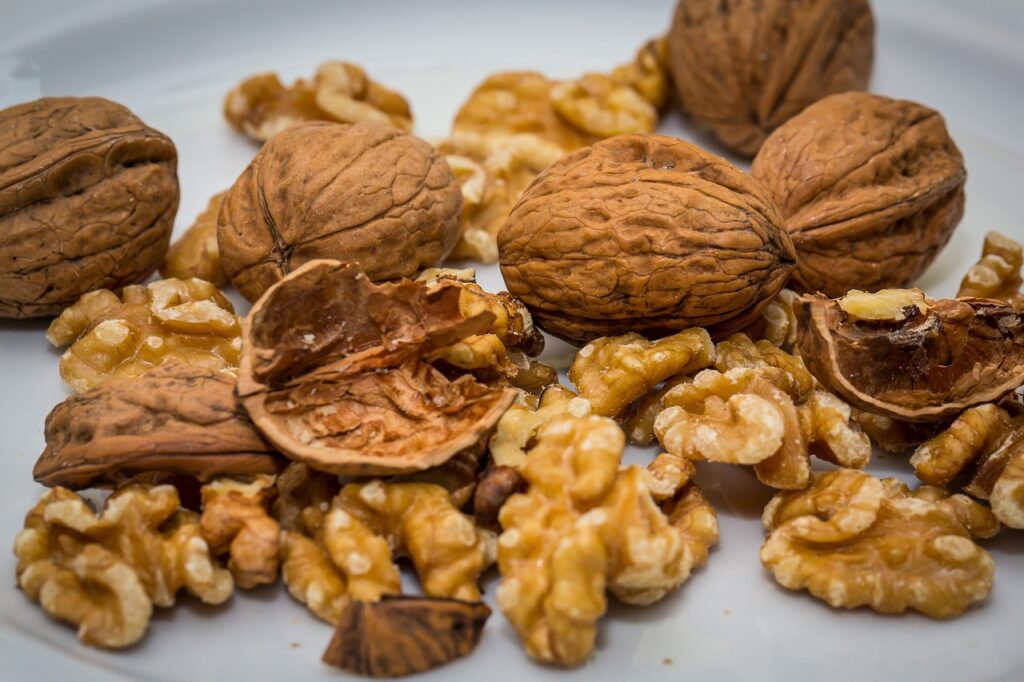
Walnuts :
Walnuts resemble the brain and are a great source of omega-3 fatty acids.
They improve cognitive function and memory.
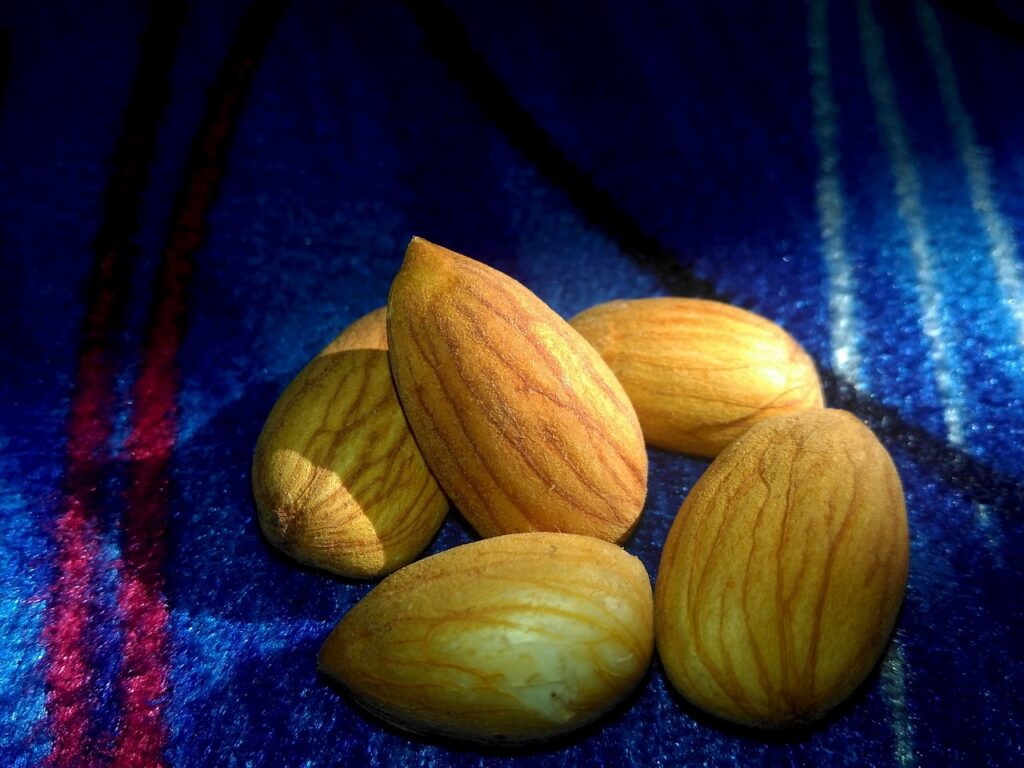
Almonds :
Almonds contain monounsaturated fats that support brain cell membranes. These fats help maintain communication between brain cells, crucial for cognitive function.
Almonds are a top source of vitamin E, a powerful antioxidant. Vitamin E protects brain cells from oxidative damage, reducing the risk of cognitive decline.
Almonds are abundant in magnesium, which plays a role in nerve transmission and memory enhancement. Adequate magnesium levels contribute to better brain health.
Almonds provide a steady supply of energy due to their healthy fats and protein content. This sustained energy keeps your brain alert and focused.
Almonds also contain riboflavin (vitamin B2) and L-carnitine, both essential for brain health.
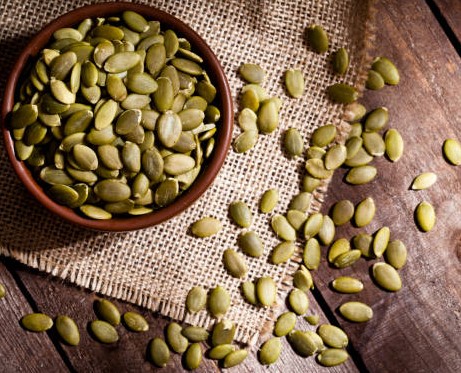
Pumpkin Seeds :
These little powerhouses are rich in nutrients like magnesium, zinc, and omega-3 fatty acids. Magnesium supports nerve cell function, aiding in brain signal transmission.
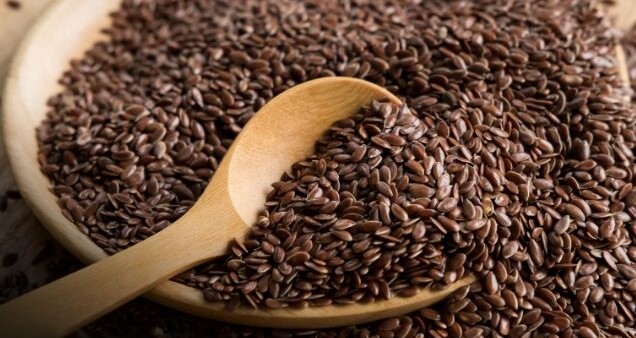
Flaxseeds (Alsi):
Flaxseeds are a powerhouse of omega-3 fatty acids, supporting brain cell membranes.

Peanut Butter:
Rich in Vitamin E, peanut butter protects the nervous membrane of the brain and aids proper brain function.
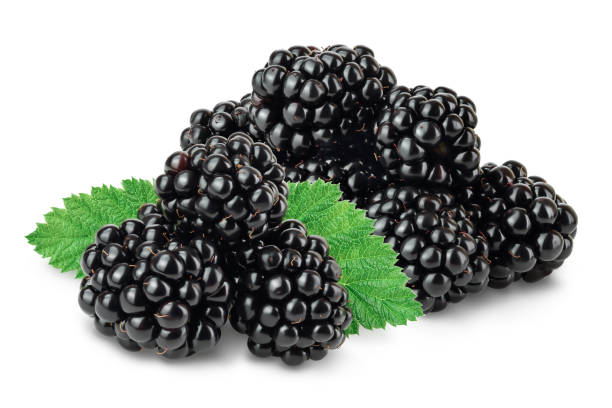
Berries (Strawberry, Blueberry, and Blackberries):
These vibrant fruits are packed with antioxidants that improve memory.
Berries help remove harmful free radicals from the body, keeping brain cells healthy.

Turmeric:
A staple in Indian cuisine, turmeric contains curcumin, which has anti-inflammatory and antioxidant properties.
It supports brain health and may help prevent age-related cognitive decline.
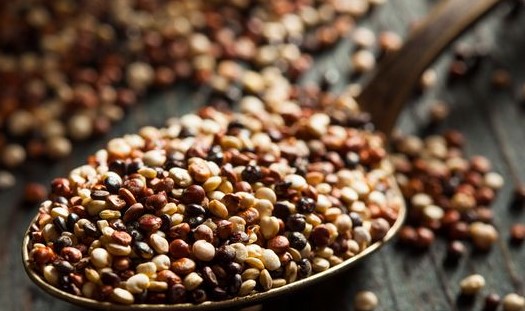
Whole Grains (Brown Rice, Quinoa and Oats):
These grains provide a steady supply of glucose to the brain, aiding concentration and focus. Opt for whole grains over refined ones for better brain health.
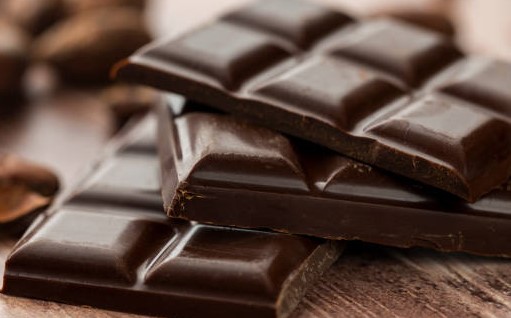
Dark Chocolate:
Dark chocolate contains flavonoids that enhance blood flow to the brain.
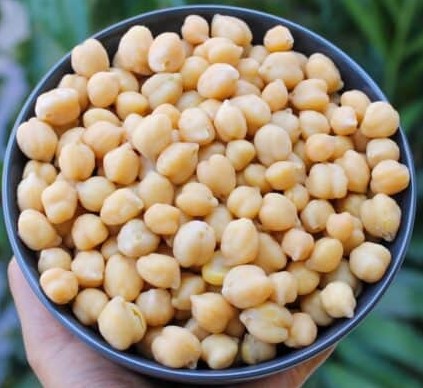
Chickpeas (Chana):
Chickpeas are rich in protein, which provides essential amino acids for brain health.
Veggies :
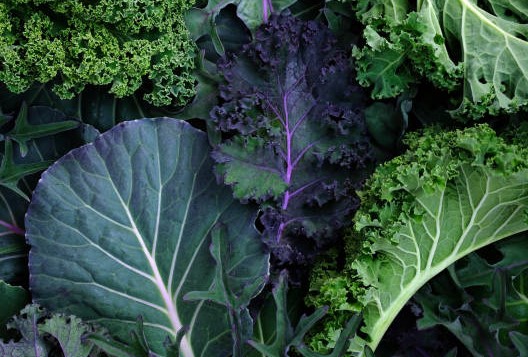
Spinach (Palak) and Kale:
Spinach contains lutein, a potent antioxidant that supports brain health. It’s also known as the “eye vitamin” because it helps prevent macular degeneration.

Curry Leaves (Kadi Patta):
Curry leaves are abundant in antioxidants and iron.
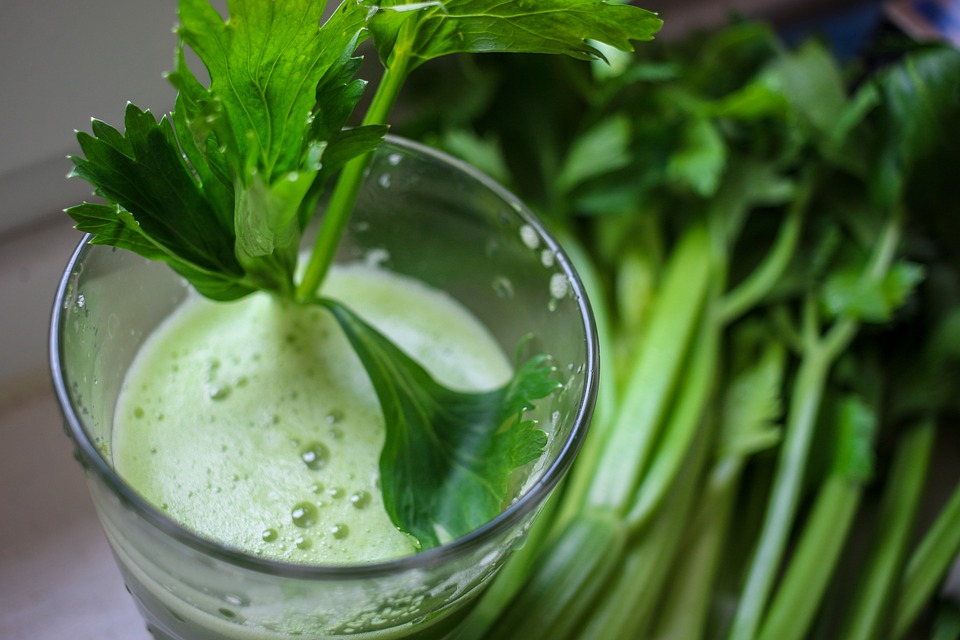
Celery:
Celery is rich in luteolin, a plant compound that may prevent age-related memory loss.
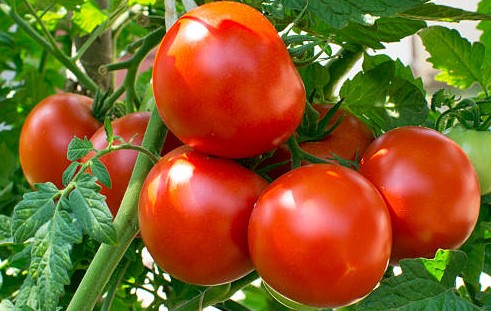
Tomatoes:
Tomatoes contain lycopene, an antioxidant that protects brain cells.

Pumpkin:
Pumpkin is loaded with antioxidants and vitamin C.
It helps maintain healthy brain cells.
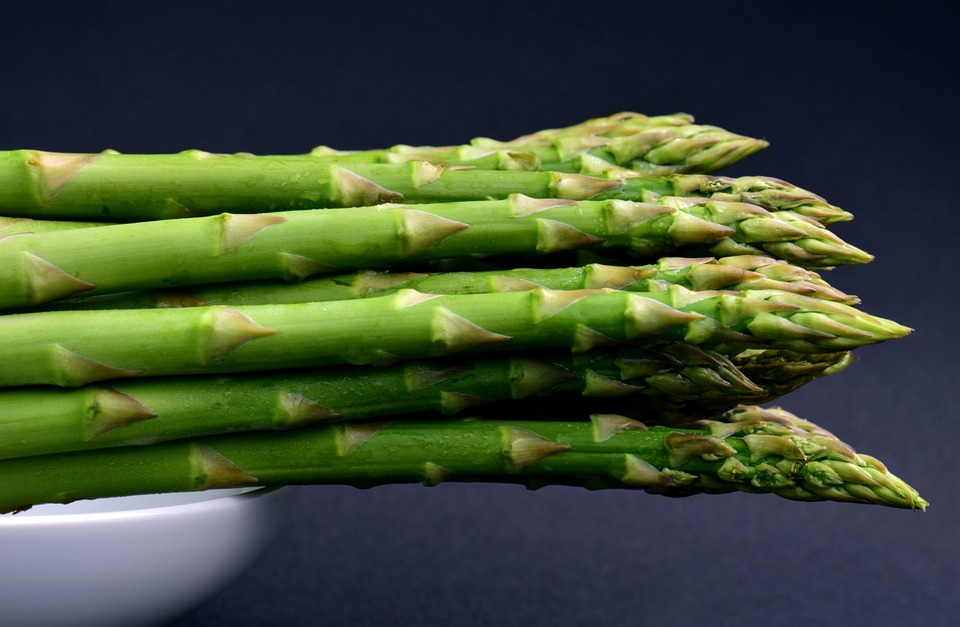
Asparagus:
Asparagus contains folate, which supports brain function.
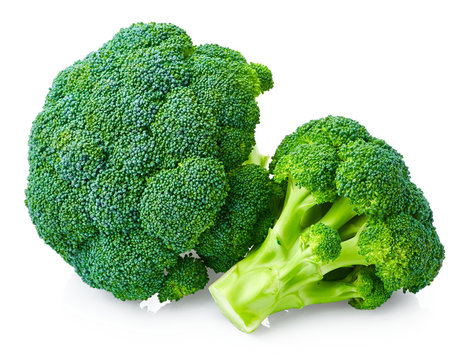
Broccoli:
Rich in antioxidants, broccoli helps maintain healthy brain cells.
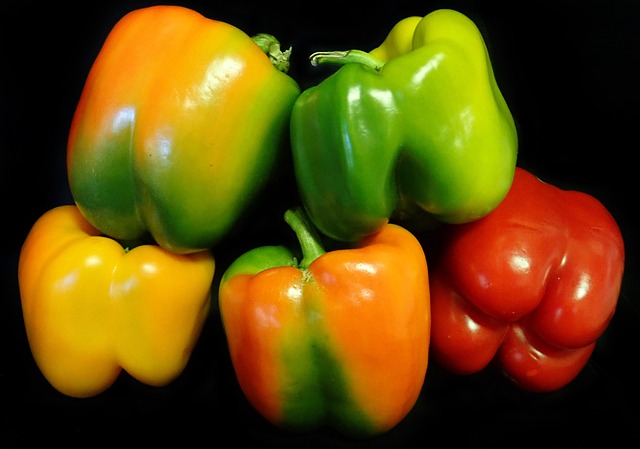
Coloured Capsicums:
Coloured capsicums, rich in antioxidants like flavonoids and carotenoids, protect brain cells from oxidative stress and inflammation. They contain vitamins A, C, and E, which support cognitive function and memory. These nutrients help reduce the risk of neurodegenerative diseases and improve overall brain health.
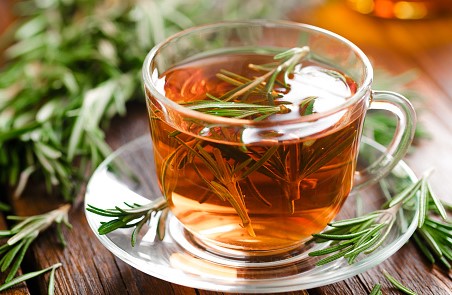
Rosemary tea :
Rosemary tea offers several benefits for brain health and overall well-being. Here’s a concise summary:
- Cognitive Enhancement:
- Rosemary contains antioxidants and anti-inflammatory compounds that may improve memory and cognitive function.
- Inhaling rosemary’s aroma can enhance accuracy and speed in cognitive tasks.
- Blood Sugar Regulation:
- Rosemary tea may help lower blood sugar levels due to its insulin-like effects.
- Antioxidant Properties:
- Polyphenols in rosemary combat oxidative damage, reducing the risk of chronic diseases.
To make rosemary tea:
- Use fresh or dried rosemary leaves.
- Steep in hot water for 5-10 minutes.
Start with 1-2 cups daily, but consult your doctor, especially if you’re on medications. Enjoy your brain-boosting cup.

Green Tea :
Green tea enhances brain power through antioxidants like EGCG and L-theanine. These compounds protect against free radical damage, reduce inflammation, and improve cognitive function. They boost memory, focus, and mental resilience while lowering the risk of neurodegenerative diseases.

Water:
Staying hydrated is crucial for brain function.
Drink enough water to stay alert and increase your awareness as the brain is made up of 80% water and lack of water intake will make it dull and slow.
Remember, a balanced diet rich in these brain-boosting foods can contribute to better cognitive health. Incorporate them into your meals regularly for optimal results.
Here are some popular Indian Vegetarian Websites that cover diet and nutrition:
- Workout
- Website: Dr. Workout
- Description: This site offers a comprehensive 1500-calorie Indian vegetarian diet plan for weight loss. It includes a detailed meal plan with easily accessible ingredients and home-cooked recipes to help you achieve your weight loss goals.
- The Picky Eater
- Website: The Picky Eater
- Description: This blog provides a list of 80 low-carb Indian vegetarian recipes. The recipes are suitable for those on keto and low-carb diets and include a variety of delicious Indian meals made with aromatic spices and vegetables.
- Vidhya’s Home Cooking
- Website: Vidhya’s Home Cooking
- Description: Vidhya’s Home Cooking offers over 25 Indian vegetarian meal planners. The meal planners are unique and provide inspiration for creating balanced and nutritious vegetarian meals.
- Veg Recipes of India
- Website: Veg Recipes of India
- Description: This website features a wide range of Indian vegetarian recipes. It includes step-by-step instructions and photos for each recipe, making it easy to follow and prepare delicious vegetarian dishes.
Here are some popular international Websites that cover diet and nutrition, along with their descriptions:
- EatingWell
- Website: EatingWell
- Description: EatingWell offers healthy recipes, meal plans, and nutrition advice. The site features a variety of articles on healthy eating, backed by science and tested by dietitians. It also provides tips for making healthier food choices every day.
- Nutrition Facts.org
- Website: NutritionFacts.org
- Description: Founded by Dr. Michael Greger, NutritionFacts.org provides comprehensive information on the science of healthy eating. The site includes a vast library of videos, articles, and infographics on various nutrition topics, all backed by evidence-based research.
- Pompa
- Website: Dr. Pompa
- Description: Dr. Pompa’s website offers practical advice on improving health through diet and fasting. It includes informative articles, a health coaching program, and a weekly program called Cellular Healing TV, where health solutions are discussed with leading experts.
- Eat This, Not That!
- Website: Eat This, Not That!
- Description: This site provides clear guidance on what foods are best for your health, with advice from accredited dietitians and nutritionists. It also features a section on recipes to help you apply this information to your cooking.
- Verywell Fit
- Website: Verywell Fit
- Description: Verywell Fit offers a variety of articles on healthy eating, fitness, and wellness. The site includes tips for maintaining a balanced diet, meal planning, and healthy recipes.
